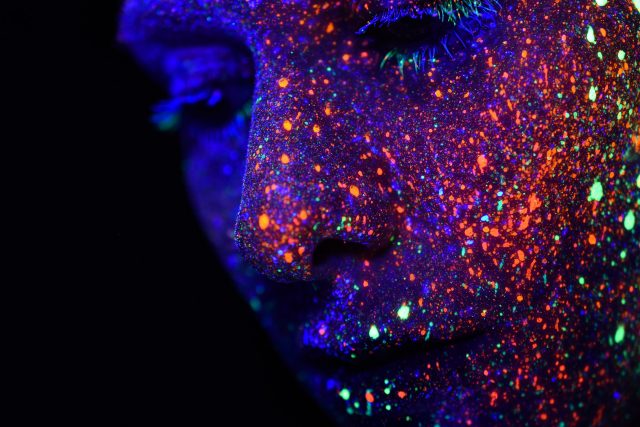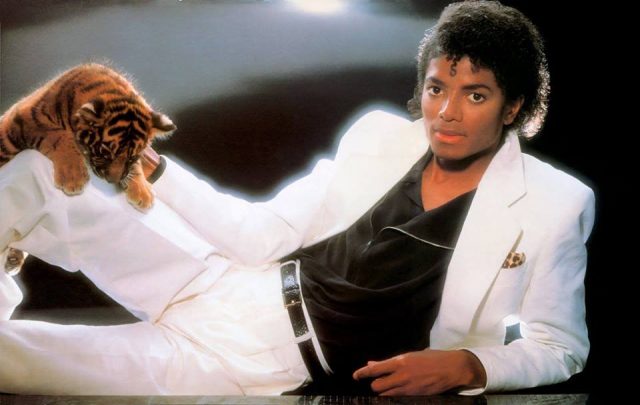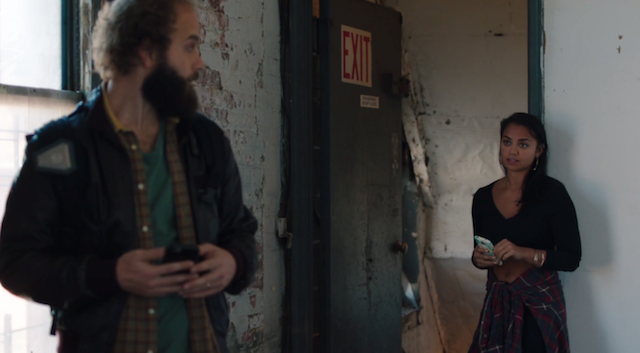
This episode brings us two stories that are as disparate as it gets. What does an apartment of swingers have to do with a Pakistani college student smoking pot, other than New York real estate? The connection might seem hard to draw, but that’s kind of what makes this show great, and perhaps the greater message at play in the whole series. Our lives may seem so far away from each other most of the time, but seen in the right light, we can draw connecting themes and emotions, and maybe see some of ourselves in the unfamiliar, whether it’s living in a Muslim household, being polyamorous or dealing pot. That’s obviously an ambitious goal, but how do they execute it here? As with last week, the title might be a clue.
The episode is called “Museebat,” which my editor was eager to inform me means “misfortune” or “calamity” in Urdu, and then tried pushing the phonic connection to “chlamydia.” Guys, this is a game we can all play from week to week! But what kind of calamity are we dealing with? I would argue that it’s the calamity that comes when you’re living two different and incompatible lives.
Our first story is about Eesha (Shazi Raja), a college student who lives with her aunt, uncle and cousin, but has an entirely different life outside of the house. When she’s with her friends, she’s bareheaded, but as soon as she knows she’ll interact with her family, she dons her hijab. It’s a common story, especially among first-generation Americans who live in religiously conservative families. Eesha tries to live the life of a college student, smoking cigarettes and weed, drinking and going out to clubs with her friends, but in front of her family she tries to maintain a more conservative image. She tries to hide her smoking (cigarettes) from her aunt with excuses many of us remember using in high school (“My clothes smell because I was around some friends who were smoking”), and her septum piercing flips up into her nose, a move my friend in college pulled when she was afraid of upsetting her mother.
________
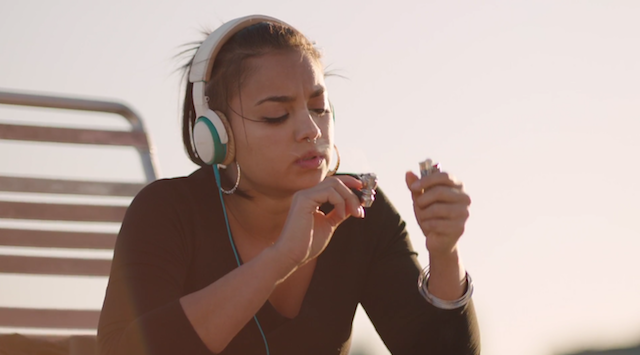
But for all that Eesha travels between these two worlds — or code-switching, a concept Key and Peele has explored in many of its sketches — she doesn’t fully belong to either one. She may have taken on some of the vices that her family would find abhorrent (her uncle tells her younger cousin to run the other way at just the whiff of weed), but on paper Eesha is still a pretty conservative girl. She’s dedicated to her schoolwork, and sexually she seems to be pretty undeveloped. Guys are clearly interested in her, but we don’t see her talk to any of them.
What’s interesting is that she knows the power of her own sexuality. In my favorite sequence of the episode, The Guy makes his entrance delivering weed to the swinging couple next door, and Eesha runs into her apartment like Clark Kent running for a phone booth. She pulls off her hijab and changes into more suggestive clothing, in hopes of convincing The Guy to sell to her. Eesha understands the way she is seen in each of her identities. She may not be ready for sex yet, but she understands that her sexuality is a commodity she can trade off of.
________
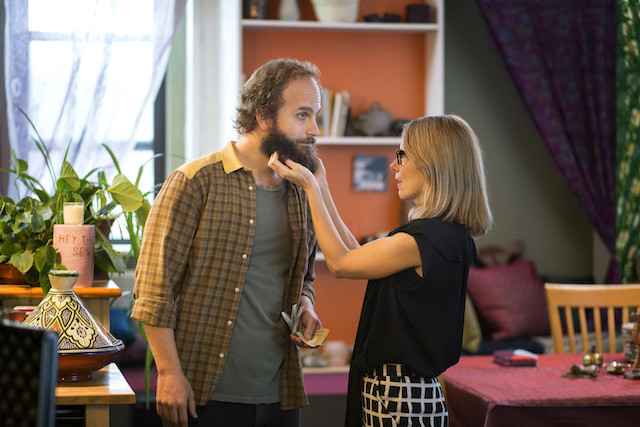
On the other end of the spectrum we have her neighbors, Leo (Lee Tergesen) and Gigi (Amy Ryan), a married couple that has fully embraced their polyamorous sexuality. In this vignette, which is directly linked to the preceding story, we meet a couple that seems to have a fair amount of tension in their relationship. Lee finds out he has chlamydia right before his 50th birthday party, and the scenario we expect is that Gigi is having an affair. But in a twist, it turns out that it is they — the two of them — who were unfaithful to their … I’m not sure what the right term is: “swing partners?” “Fuck group?” Either way, the vignette turns completely on this revelation, as we watch the swingers descend into pain and anger at the betrayal, just as any monogamous relationship would.
By the time we get to an appearance of their neighbor, Eesha’s uncle, the party is bickering and clearly not planning on fucking anymore. It ends on a great note: the uncle accuses the neighbors of bringing drugs into the building; they scoff and say, “This isn’t drugs. It’s pot!” This highlights the theme of lots of the whole series: New Yorkers have way bigger issues to deal with than who’s smoking weed.
It felt like a weak follow-up to Eesha’s more powerful story, and a little too much like a stunt that we saw last week. The last thing anyone wants High Maintenance to become is a Shyamalan-esque guessing game of what the “twist” is going to be, like “Johnny’s scene,” or to get cheap reversal punchlines.
Despite this, there are some fun elements to this story, including the line, “I bought you a cock ring for your birthday, motherfucker.” We also get a visit from Colin (Dan Stevens, of Downton Abbey fame), the cross-dressing dad from “Rachel” in the webseries, which is a much better example of a twist that has a real payoff (yes, watch it, duh).
________
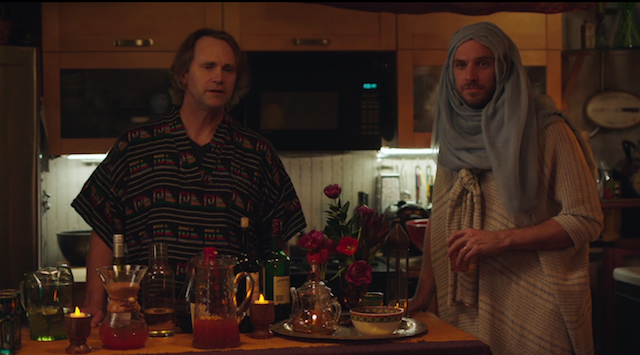
Ok, so what’s the connection?
The calamity/chlamydia connection doesn’t sound too far off, and the puzzle-doer in me enjoys drawing these lines. I went a step further and looked up the etymology of chlamydia, which comes from the Greek for “cloak.” That seems even more fitting to me, as this episode plays an interesting foil to episode 1 “Meth(od)” in its themes. “Meth(od)” gave us stories about people who were lying to strangers while those closest to them knew who they really were, but “Museebat” features people who are more honest with the outside world than they are with their families or significant others (and counting).
Eesha’s hijab is a literal cloak that hides who she is from her family, while chlamydia is what reveals that Leo and Gigi “broke the rules” of their group relationship. All the characters at the end have faced the calamity that comes from trying to live in two separated worlds, whether it’s a conservative home vs. the permissive life of a college student or a committed polyamorous relationship vs. fucking Brazilian backpackers (or anyone else Leo and Gigi try to bring into their bed).
If you’re stuck between two worlds that are mutually exclusive, you’re operating on borrowed time. At some point it’s going to come to a head, and you’re either going to have to choose or find a way to resolve with transparency. And we have a role model somewhere in all of this mess to help us out: Colin. He is at a point in his life where he dresses in women’s clothes outside of the house — an action that was closeted for him in his webisode — so he has found a way to combine his private and public lives, to live honestly in both. It’s another visual gift in the final confrontation between the uncle and the couple, those two very distinct ways of life that Eesha is literally existing between, when Colin makes a hasty exit in a hijab he wore for the occasion, rushing past Eesha’s uncle in an echo of the advice he gave his daughter earlier in the episode to “run in the other direction” from that apartment.
And just to one-up my editor and his googling, did you know the name “Eesha” comes from the Quran? It means “way of life.”
Leave a Reply


